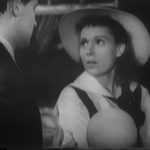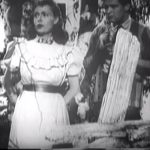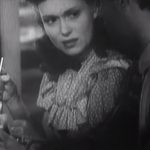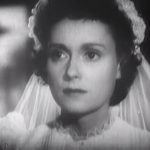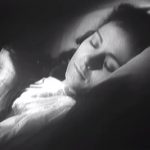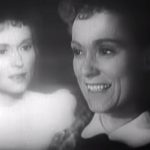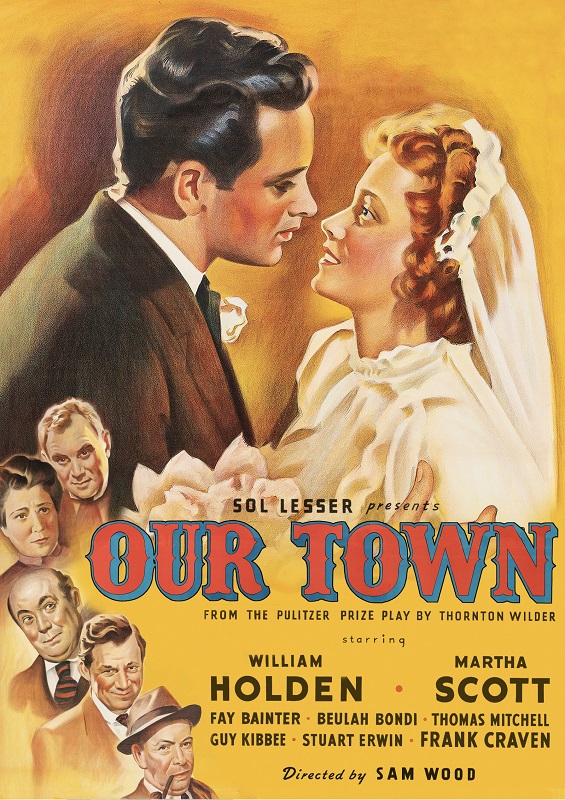
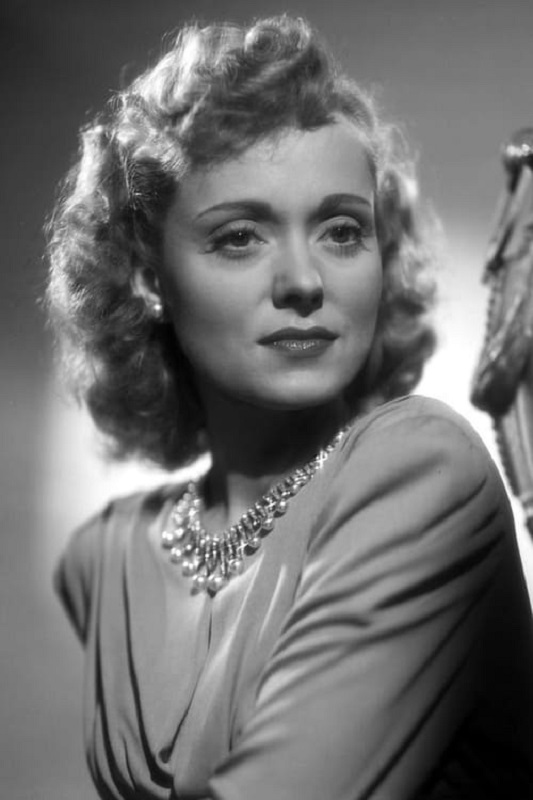

1940 – Martha Scott
Our Town
This was a good movie, and Martha Scott’s performance was good. I don’t know if I’d call it an award-worthy performance, but I think she did the roll justice. She played the part of Emily Webb, an ordinary girl in an ordinary town, in an ordinary life. And that was really the point of the entire film, which brought the Pulitzer Prize-winning stage play of the same name to the big screen. The actress had to play the character at various ages, ranging from childhood to adulthood, and finally to death at a still young age.
But that ordinary quality was really the point of the whole film, and the actors had the task of being as ordinary as possible. The characters could be anybody and everybody. The script, penned by Thornton Wilder, had done such an impressive job of capturing that every-man and woman in each character. The entire cast did a fine job of portraying that, but that’s just the problem. I’m not seeing how Scott did any better than any of the other big names in the roll call. Other well-established actors like Thomas Mitchell, Fay Bainter, Guy Kibbee, Beulah Bondi, and William Holden seemed to have just as much screen time, and they all played their parts just as well, the only difference being that Emily was the focus of act two.
Now, I’ll admit, that isn’t the actress’s fault. But as I often say, an Academy nomination should be a combination of a good script and a good actor. This script just didn’t seem to lend itself to that kind of recognition. On rare occasion, an actor can transcend that blanket statement, elevating a mediocre character to a great one with an outstanding performance, but I don’t believe this is represented here.
Did Martha Scott do a bad job? No, absolutely not. She did a fine job. But was her performance better than other women in 1940? Was she better than her cast-mates? Did she deserve an Academy Award nomination? I don’t really think so, since I’m not sure I’d even call her character a lead in this ensemble piece. Her lead status was barely more than a simple plot device in the third act. Not only that, but the movie undercut the impact of her character, making the entire death sequence out to be only a dream, not her actual death. Bad choice, if you ask me.
